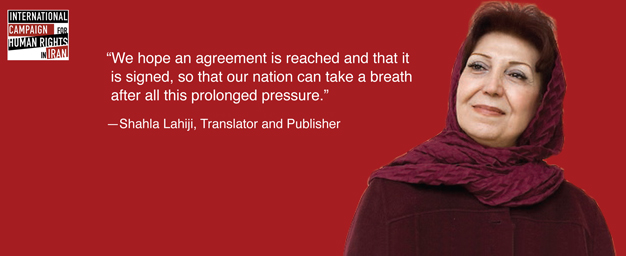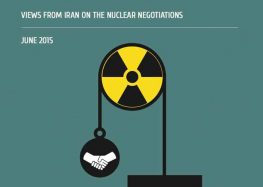Conclusion

This study by the International Campaign for Human Rights in Iran has brought the voices of individuals representing various facets of Iranian civil society to the broader international community. These voices reflect great hopes juxtaposed with sober expectations. Unanimity on support for the negotiations and the unmitigated good an agreement would bring—the avoidance of war—was paired with highly divergent views on the effects of the negotiations on more specific aspects of political, economic, and cultural life in Iran. Hopes that their government will translate a nuclear accord into a better economic and political environment was often accompanied by doubts this will be so. Indeed, in contrast to the Campaign’s previous study a year ago, there was a noticeable uptick in concerns that many of the hoped for benefits of an accord, needed as they are, would be lost to poor management or corruption.
Download the report here.
The Iranian citizenry has endured sanctions, international isolation, economic distress, political repression, and a corrupt and arbitrary system…and yet has not relinquished its hopes, its patience, its willingness to continue to come out to vote for candidates promising change, or its commitment to peaceful, gradual change. It is incumbent upon the international community to reinforce these voices of reason, patience, and hope, by similarly supporting the peaceful resolution of conflict with the Islamic Republic—and by doing everything it can in a post-deal environment to stand by the people of Iran in their efforts to achieve the most basic rights and freedoms.

